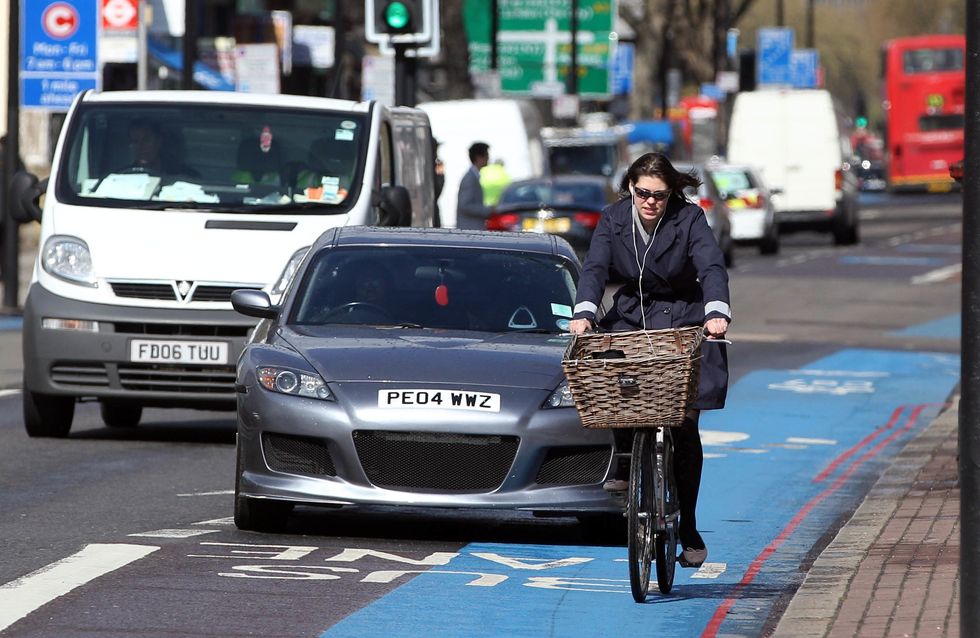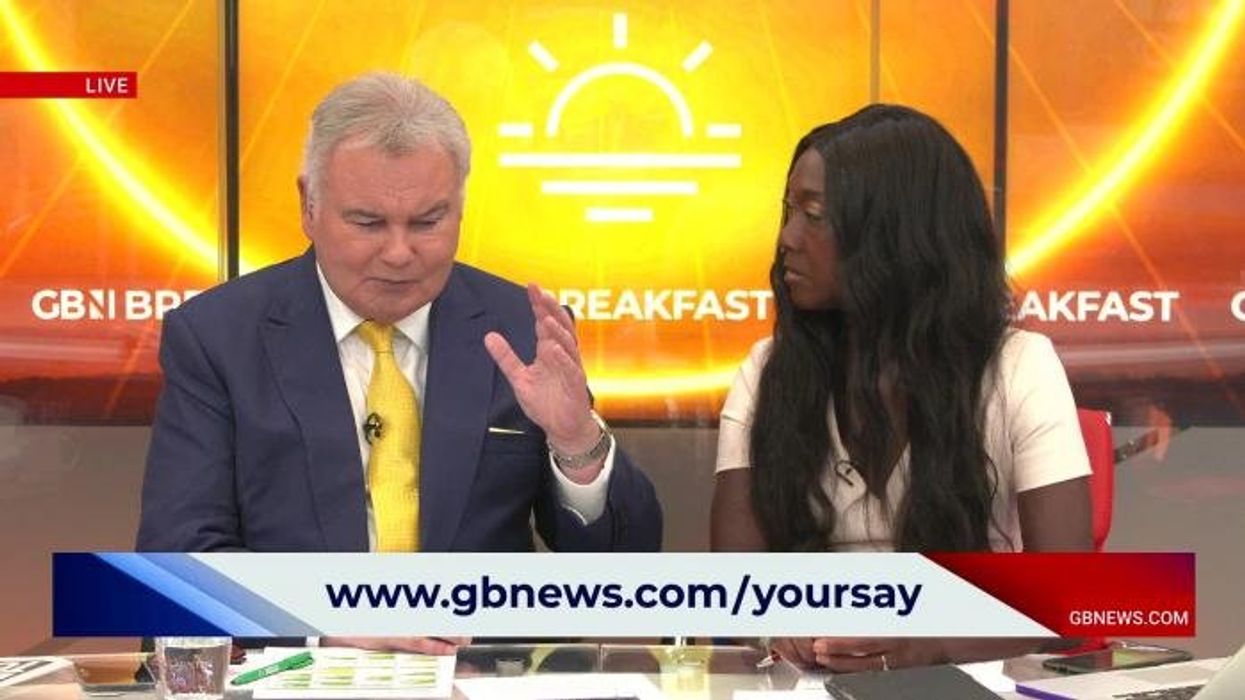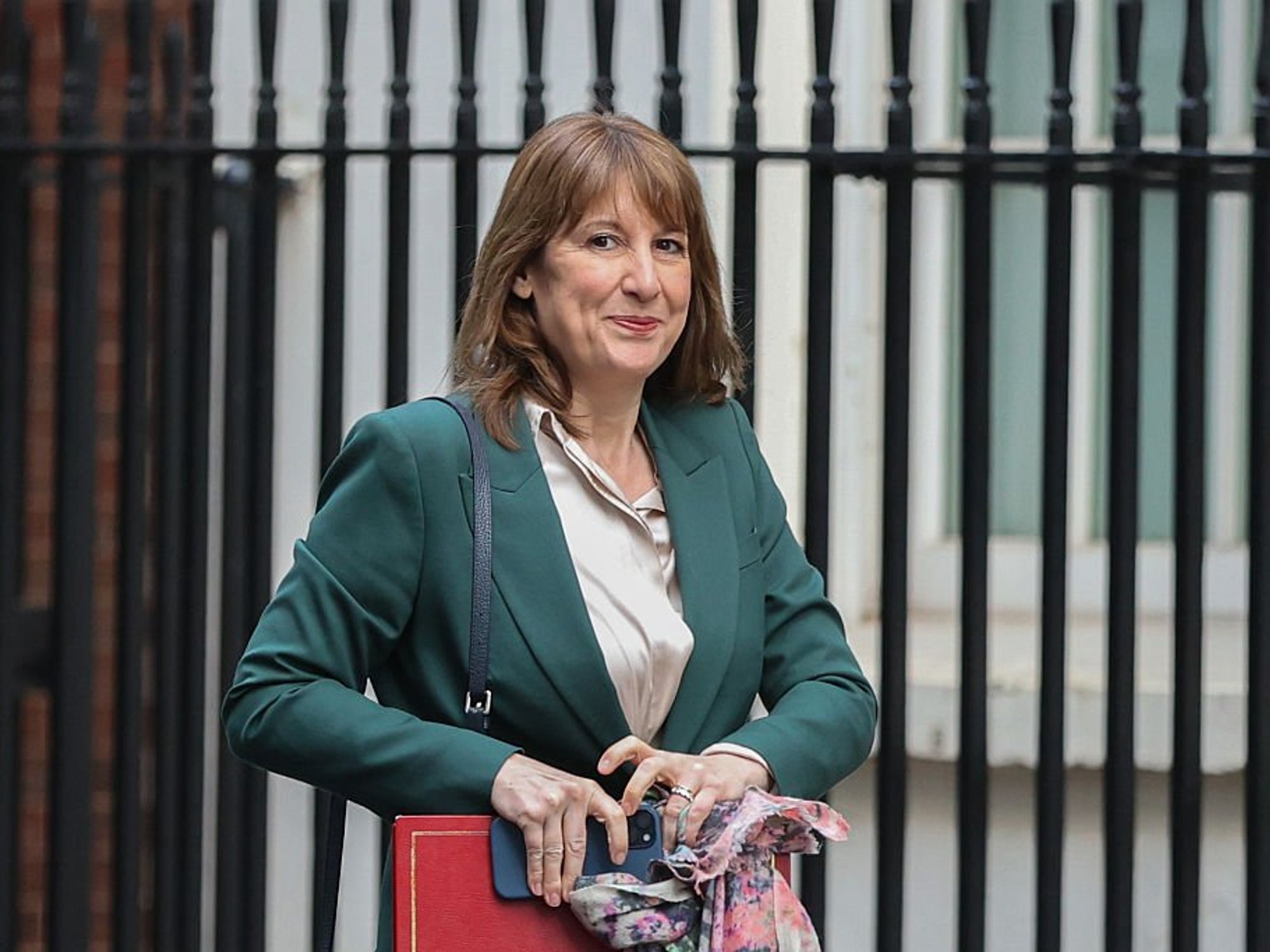Labour’s net zero goals under fire as drivers refuse to give up petrol and diesel cars for EVs

Nine in 10 drivers have refused to give up their petrol and diesel cars for an electric model
Don't Miss
Most Read
Latest
Labour has been dealt a major blow after reports revealed that nine out of 10 motorists are shunning away from electric vehicles and bicycles despite regulatory pushes.
It follows a recent study that found that only nine per cent of Britons have made the switch from petrol cars to electric alternatives or cycling.
The findings have exposed a stark disconnect between environmental impact and consumer behaviour, with the most effective carbon-cutting measure proving the least popular among British households surveyed.
.According to the analysis, the majority of Britons favour using reusable shopping bags, containers and water bottles, with 58 per cent adopting this practice.
TRENDING
Stories
Videos
Your Say
An equal proportion focus on reducing food waste, while 46 per cent work to cut their single-use plastic consumption, the report detailed.
These popular choices, however, were found to generate significantly smaller carbon reductions compared to transport changes.
Eliminating household food waste saves approximately 533 kilograms of CO2 annually, while consistently using reusable items reduces emissions by just 45 kilograms per year - a fraction of the savings achieved through vehicle switching.
Tom Thornley, managing director of Paul's Cycles, which commissioned the research, identified several obstacles preventing wider adoption of cycling as a car replacement.

The report found that nine out of 10 drivers would not buy an electric car
| PA"Commute distance, weather, road confidence and access to bicycle storage" represent the primary barriers, he explained.
Despite these challenges, Mr Thornley noted encouraging developments in consumer attitudes towards some other environmental goals.
"In the last few months, we've had more conversations in-store with people who are new to cycling or returning after a long break, asking about the right setup for everyday use," he said.
"That shift suggests more customers are starting to see bikes not just as leisure purchases, but as a genuine transport solution for their daily lives."
LATEST DEVELOPMENTS:
He suggested practical equipment could ease the transition, recommending "a simple rain shell and cheap hi-viz seat cover" to avoid wet saddles, alongside rear racks, panniers, mudguards, bright lights and quality locks.
The Government's Zero Emission Vehicle (ZEV) mandate requires manufacturers to have a minimum percentage of sales come from electric vehicles.
The targets increase every year, with a 28 per cent goal by the end of the year, before reaching 80 per cent in 2030 and 100 per cent five years later.
Financial considerations appear central to consumer reluctance, with solar panel installations costing between £4,500 and £5,500 representing a significant investment compared to cycling alternatives.

The expert urged drivers to consider switching to an electric vehicle or taking up cycling instead
| PAThe research calculated that substituting just one daily car journey with cycling saves 3.2 kilograms of carbon, equivalent to operating a household boiler for three months or powering a transatlantic flight carrying a full passenger load between London and New York.
Separate YouGov data from May 2024 indicated that three-quarters of consumers view environmentally friendly products as more expensive than conventional alternatives, potentially explaining why sustainable transport options remain niche despite their superior environmental benefits.











